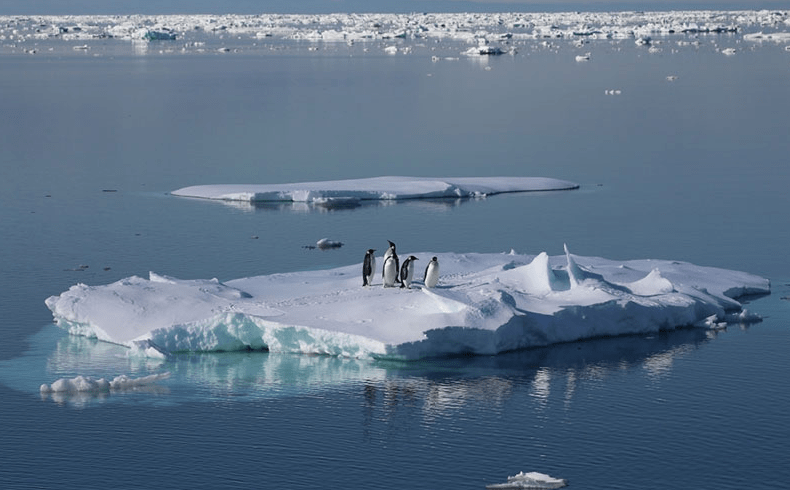Questo sito web utilizza i cookie per potervi offrire la migliore esperienza d'uso possibile. Le informazioni contenute nei cookie vengono memorizzate nel browser dell'utente e svolgono funzioni quali il riconoscimento dell'utente quando torna sul nostro sito web e l'aiuto al nostro team per capire quali sezioni del sito web sono più interessanti e utili per l'utente.
Climate impacts, sea level rise and the marine environment
Online policy briefing by SO-CHIC, a Horizon 2020 project
Did you know that the Southern Ocean has the capacity to absorb far more carbon than the Amazon rainforest? Or that change in the Southern Ocean plays a critical role in the climate of Europe and consequentially impacts the lives of millions of EU citizens?
To learn more, you are invited to attend an online discussion session with Southern Ocean climate scientists organised by the Horizon 2020 project SO-CHIC. The session, for EU policymakers, will be focused on issues such as climate, sea level rise, disaster risk reduction and the changing marine environment, and the critical influence the Southern Ocean has on these in Europe.
Discussions will be framed in the context of large-scale initiatives including the European Green Deal and Horizon Europe Missions, the All-Atlantic Ocean Research Alliance, and the UN Decade of Ocean Science for Sustainable Development.
Speakers:
• Dr. Jean-Baptiste Sallée, Sorbonne Université, France
• Dr. Sian Henley, University of Edinburgh, United Kingdom
Chair: Dr. Renuka Badhe, European Polar Board
The science
The ocean regulates the global climate by absorbing heat and carbon from the atmosphere and storing them in the deep seas away from the atmosphere for centuries. Most of this process is done in the Southern Ocean around Antarctica, due to its unique circulation system. As the Southern Ocean stores heat and carbon its waters acidify and warm, which impacts ecosystems and destabilises the Antarctic ice sheet, potentially threatening societies with large sea-level rise. Rates and impacts of climate change therefore ultimately depend on oceanic processes taking place in the Southern Ocean. In this event, we will present and summarise highlights on the Southern Ocean from the latest IPCC Assessment Report (AR6). Limitations and gaps in our knowledge (future research needs) will also be discussed in the context of our overall understanding of climate change. These limitations are being tackled by large, internationally collaborative science consortiums at a European level and beyond, through cutting edge science programmes that address one of the most societally relevant challenges for climate sciences.
Registration
Please contact Joseph Nolan (j.nolan@nwo.nl) to get an invitation. The deadline for registrations is Wednesday 26th January.
Two session options:
• 14:00-15:00 CET, Wednesday 2nd February 2022
• 15:00-16:00 CET, Friday 4th February 2022
The briefing will be designed to facilitate engaging discussion between presenters and attendees, with the exact format tailored according to participants and their availability for different time slots. We will endeavour to accommodate all requirements, but due to capacity we cannot guarantee your preferred date will be possible.

